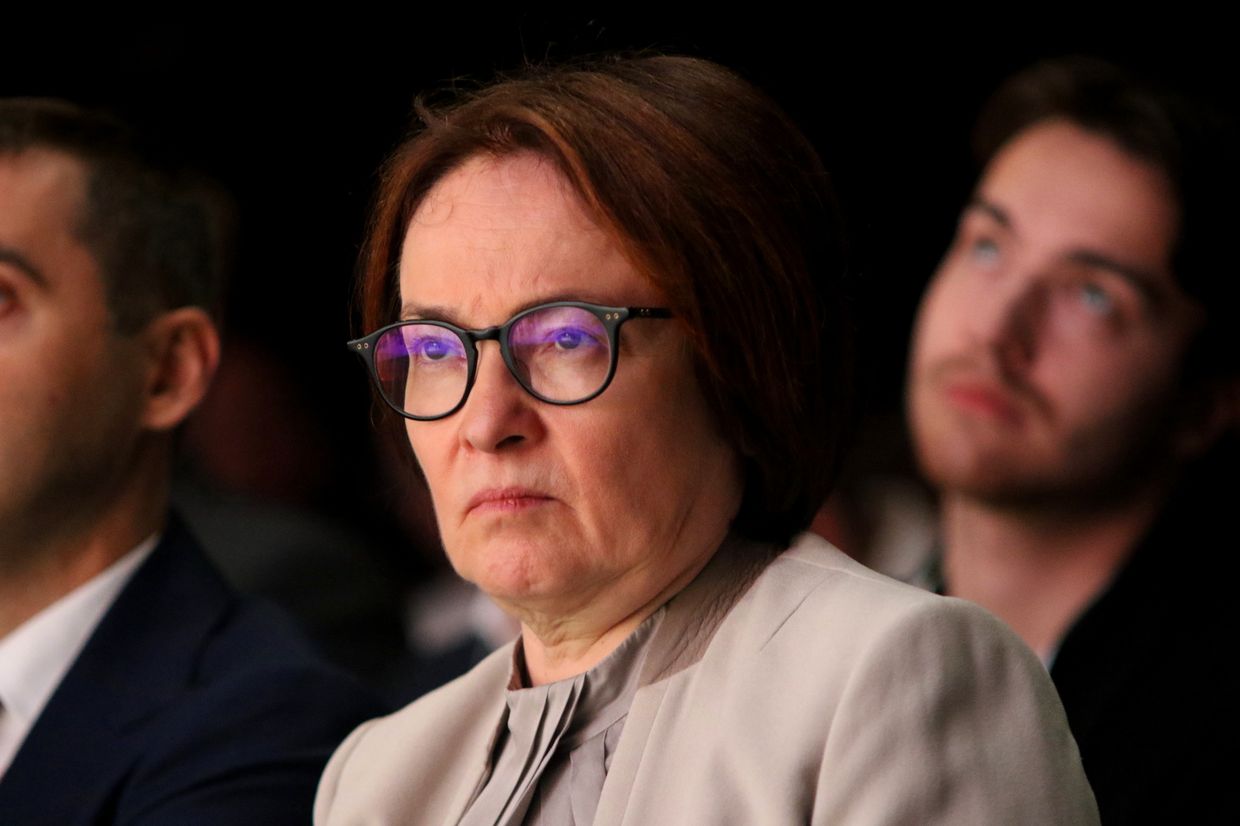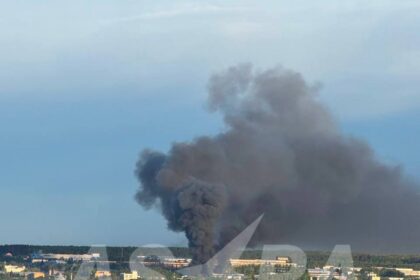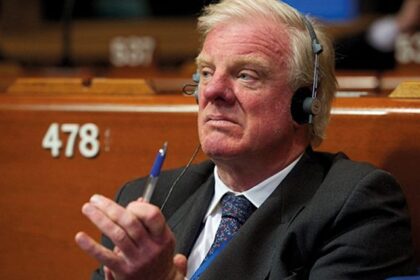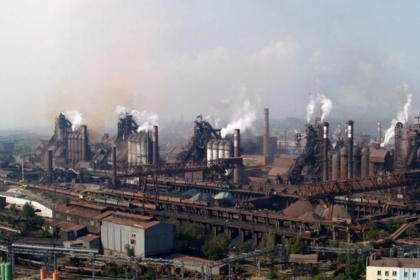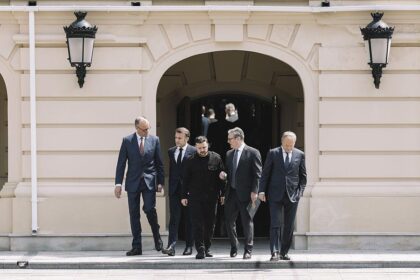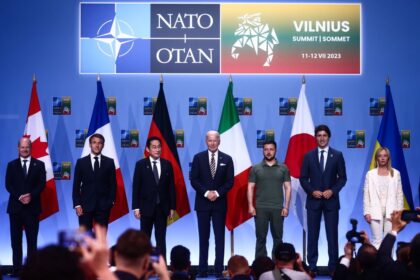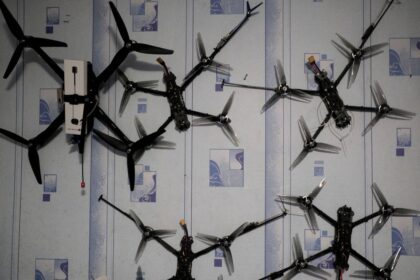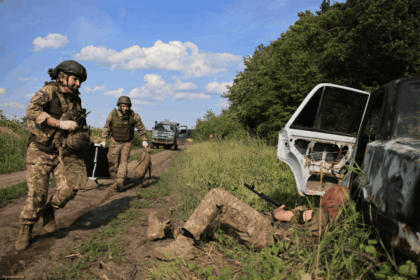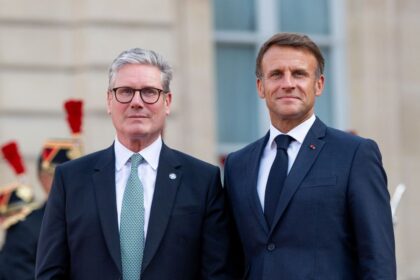**Russian Central Bank Head Under Pressure to Slash Key Interest Rate**
Elvira Nabiullina, the governor of Russia’s central bank, is facing pressure from the government to lower the high key interest rate imposed amid skyrocketing wartime inflation. According to a report by Bloomberg on June 2, this decision is being pushed due to the growing toll on the federal budget and civilian industries.
The reason for the pressure is the high borrowing costs imposed by Nabiullina’s central bank in October 2024, which reached 21% – the highest level since the early 2000s. This move was made to tackle surging inflation, but it has primarily impacted civilian industries unrelated to the Russian military-industrial complex, which has experienced growth amid Russia’s record wartime spending.
This is not the first time Nabiullina has faced backlash over her decision on borrowing costs. In January, Russian President Vladimir Putin voiced displeasure with the decline in private investment due to the high cost of credit. Despite being seen as a key figure in helping the Russian economy stay afloat as the West imposed massive sanctions due to Moscow’s full-scale invasion of Ukraine in 2022, Nabiullina has faced pressure from the government.
The current economic growth slowdown in Russia is also connected to the central bank policies, according to analysts. Other factors contributing to this development include sanctions, low oil prices, supply difficulties, and high inflation. With recent reports indicating a sharp decline in economic growth, more are calling for the decision to be made at the central bank’s meeting on June 6.
**What does it mean?**
The pressure on Nabiullina to lower the key interest rate is significant. It suggests that the government believes that the current high borrowing costs are having too great an impact on the federal budget and civilian industries. Lowering the key interest rate could help to stimulate economic growth, but it also carries risks – such as fueling inflation or making it more difficult for Russia’s military-industrial complex to operate.
**What is next?**
The central bank’s meeting on June 6 will be crucial in determining whether Nabiullina agrees to lower the key interest rate. If she does, it could have significant implications for the Russian economy and its recovery from wartime inflation. However, if she refuses to budge, it may indicate a deeper divide between the government and the central bank over how to manage the economy.
Read More @ kyivindependent.com




